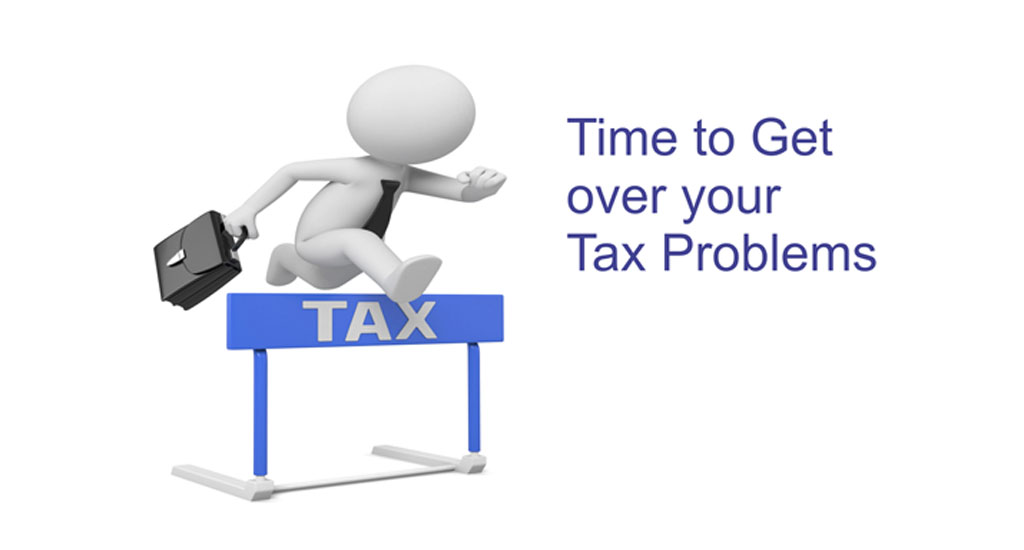Taxation in India
Tax means a financial charge that is imposed by Central and State government upon a tax payer. In other words, taxes are the government’s way of earning via a amount of fee levied by the govt on a product, income or activity. The Indian government uses this tax amount for finance public expenditure such as street lighting and street cleaning. Learn gst based Tally ERP9 and Taxation in yamuna vihar, Delhi.

Types of Taxes in our Country
1. Direct Tax
What is Direct Tax ?
These sorts of taxes are specifically paid to the government of India. Government demands coordinate charge on element or an individual and can not be handover to any other person. The direct taxes incorporates a few taxes, for example, wage tax, tds and so forth.

Sorts of Direct Taxes in India
There are a few sorts of direct taxes accessible in Indian Constitution Bill. We characterize underneath:
A. Wage Tax:
This tax is notable in India. This tax is paid by the taxpayer who’s pay surpasses by taxable farthest point. The taxpayers need to pay tax on relevant rates. According to salary tax rate for F.Y 2015-16, you have not to pay tax if your pay is dependent upon INR 2,50,000. Be that as it may, if you’re winning surpasses 2.5 lakhs then you need to pay 10% tax as pay tax up to INR 5 lakhs of Income.
B. Capital Gains Tax:
Its name suggests that the tax is gathered on capital for example, deal property, shares, procure benefit bonds and profitable material and so on. The rate of this tax is connected fluctuates in view of speculation class.
C. Wealth Tax:
Wealth tax is an immediate tax which is paid to Government. Wealth tax rate is 1% on net wealth surpassing Rs. 30 lakhs.
D. Securities Transaction Tax:
In India, many individuals don’t proclaim their benefit and pay the capital pick up tax. At that point, government was confounded as the government can just force tax on benefits which have been proclaimed by individuals. Along these lines another tax developed by the government that is known as Securities Transaction Tax which is material on each exchange done at stock trade.
E. Perquisite Tax:
Prior, it was known as Fringe Benefit Tax that was ended in 2009. The government is imposed on advantage given by business to manager.
F. Corporate Tax:
Corporate tax is recorded yearly on the salary of a corporate framework in our country. In India, the taxation organizations are separated in to worldwide and household organizations.
2. Indirect Tax

What is Indirect Tax ?
These sorts of taxes paid on Consumption by the buyer yet they don’t pay specifically to the government (dissimilar to salary tax). For instance, We pay VAT and different taxes on acquiring an item.
Sorts of Indirect Taxes in India
Here are a few sorts of backhanded taxes accessible in Indian Constitution Bill. We characterize beneath:
A. Deals Tax:
The tax that tolls on the offers of products. Union Government forces the business tax on the Inter State deal, while the deal tax on Intra-state deal is collected by the State Government. This tax is isolated into three sections as Inter-State Sale, Sale amid import/fare and Intra-State deal.
B. Administration Tax:
This tax is an aberrant tax that taxpayers need to pay benefit tax on paid administrations. Paid administrations are phone, visit administrator, planner, inside decorator, promoting, wellbeing focus, keeping money and budgetary administration, occasion administration, upkeep benefit, consultancy benefit. The Interest on the administration tax is 15%.
C. Esteem Added Tax:
This kind of tax is gathered by the state government. For an illustration, in the event that we buy a decent then we should pay an option tax as Value Added Tax to the government. VAT rate is chosen in light of nature of thing and state.
D. Custom Duty and Octroi Tax:
This tax is required on those merchandise that are transported in into India from outside. The Custom Duty tax is paid at port of passage in the country as the airplane terminal. This tax rate likewise differs over the idea of products. While, the Octroi tax is charged on the merchandise going into the district.
E. Extract Duty:
The is additionally a backhanded tax that tolls on the merchandise which, are created inside the country. This tax isn’t identified with the Custom Duty. Extract Duty is otherwise called Central Value Added Tax.
F. Hostile to Dumping Duty:
This tax is demanded when the merchandise are sent out at a value lower than its typical cost by the country to another country. The Central government has forced this tax.
G. Recently Implemented Indirect Tax (GST)
Merchandise and administration tax is the most eager tax administration in India and furthermore the most recent circuitous tax presented in the Indian constitution. The importance of this tax conspire is that it will subsume the various circuitous taxes winning in the country. The plan has been acquainted with make a move in the Indian economy as to lessen the falling impacts of the tax obligations making a general swelling in the market.
Apart from this, some other taxes are also available in our country. These all taxes are also imposed by the Indian Government, such as – Professional tax, Entertainment tax, Dividend Distribution Tax, Toll Tax, Municipal Tax, Stamp Duty, Education Cess and Swachh Bharat Cess.




